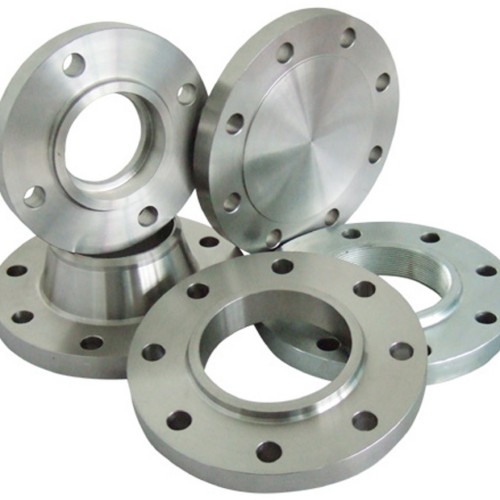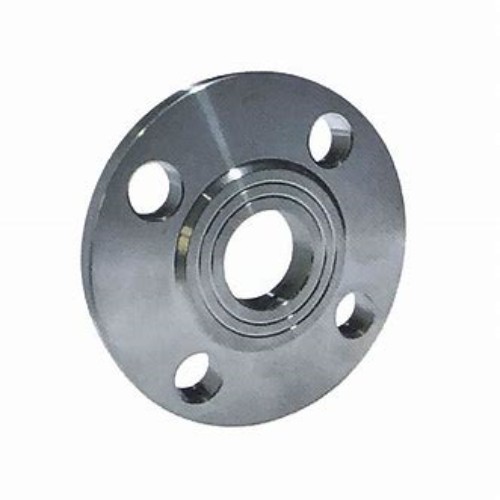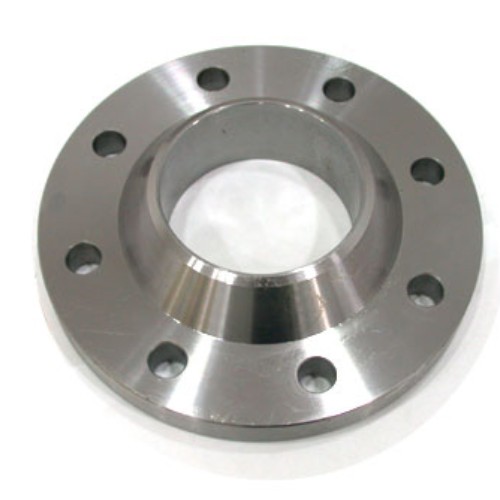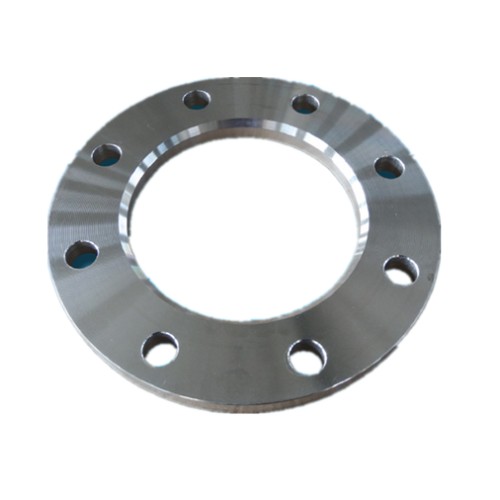High-Quality Forged Stainless Flanges Manufacturer & Supplier
| Company: | Hebei Yaosheng Import and Export Trading Co., Ltd |
| Website: | https://www.hbysvalves.com |
| Phone: | 86-312-8695888 |
| Email: | info@hbysindustry.com |
| Mobile: | 86-13722963501 |
| Address: |
North Guzhuangying Village, Ansu Town, Xushui District, Baoding City, Hebei Province, China |
Forged stainless flanges are critical components in the piping and valve industry, renowned for superior strength, corrosion resistance, and reliability in high-pressure applications. With the rapid expansion of oil & gas, petrochemical, water treatment, and power industries worldwide, the demand for high-grade stainless steel forged flanges and forged stainless flanges has surged significantly.
According to industry reports, the global market for forged steel components is expected to grow at a CAGR of 4.6% from 2023 to 2030, indicating a bright future driven by infrastructure upgrades and increasing energy exploration.
The forging process increases the density, tensile strength, and overall mechanical properties of the flange material as compared to cast alternatives.
- Exceptional Durability: Forging eliminates internal voids and porosity.
- Corrosion Resistance: Stainless steel grades (304/304L, 316/316L) ensure excellent protection in aggressive media.
- Versatility: Widely used in pipelines, tanks, heat exchangers, and vessels.
- Compliance: Meet stringent international standards like ASME B16.5, ANSI, and DIN.
Size: 1/2"-48" Type: WELDING NECK, SLIP ON, BLIND
Material: CS A105/SA105N, SS 304/304L,316/316L
Coating: Black, yellow paint; rust-proof oil
Product Page: ASME B16.5 CLASS 150 Forged Flange




| Parameter | Range | Unit | Standard |
|---|---|---|---|
| Size | 1/2" – 48" | inch | ASME B16.5 |
| Pressure Rating | 150 – 2500 | Class | ASME/ANSI |
| Temperature Range | -196 ~ 800 | ℃ | ASME B16.5 |
| Material | 304/304L, 316/316L | - | A182 / EN10222-5 |
| Corrosion Resistance | Excellent | - | ISO 15156 |
| Face Type | RF, FF, RTJ | - | ASME B16.5 |
- Oil & Gas: Pipeline connections, flow meters, safety valves, on/off & control valve catalogs.
- Chemical & Petrochemical: Process piping, reactors, heat exchangers—specified for high-purity and aggressive chemistry.
- Water Treatment: Pumping stations, desalination plants, and purification systems.
- Power Generation: Steam lines, condensers, and high-stress turbine connections.
- Marine & Offshore: Shipbuilding, subsea pipeline and tank flange connections.
- Pharmaceutical & Food: Cleanroom utilities, sanitary lines, tank and vessel nozzles.
- General Industry: Construction, firefighting, mining, HVAC, and more.
With their robustness and adaptable design, forged stainless flanges underpin critical systems in thousands of industrial sites worldwide, ensuring leak-proof, durable, and serviceable connections.
- Smart Manufacturing: Integration of CNC forging, robot-assisted machining, and NDT inspection elevates the uniformity and repeatability of forged stainless flanges (ASME Insights).
- Material Innovations: Beyond 304/316L, duplex, super-austenitic, and nickel alloys are gaining traction for highly corrosive and high-pressure applications (Stainless Steel World Journal).
- Hydrogen & Renewables: Larger diameter and high-pressure flanges are required for the rapidly growing hydrogen, ammonia, and CO2 pipeline segments.
- Standardization: Global projects increasingly specify dual or multi-standard compliance (ASME, DIN, ISO), underscoring the value of versatile, quality suppliers like Hebei Yaosheng Import and Export Trading Co., Ltd.
As a trusted and experienced supplier, Hebei Yaosheng Import and Export Trading Co., Ltd delivers superior quality forged stainless flanges and ASME B16.5 CLASS 150 Forged Flange to demanding industries worldwide.
Our emphasis on premium materials, strict adherence to global standards, and state-of-the-art manufacturing enable us to provide reliable and cost-effective solutions for the most challenging applications.
For inquiries, custom orders, or technical consultation, visit our official website, call +86-312-8695888 or email info@hbysindustry.com
-
The Key to Fluid Control: Exploring the Advantages of Ball Valves in Industrial SystemsNewsJul.09,2025
-
The Versatile World of 1, 2, and 3 Piece Ball ValvesNewsJul.09,2025
-
Stainless Steel Ball Valves: The Ideal Choice for Efficient Flow ControlNewsJul.09,2025
-
Optimizing Fluid Control with Ball Float ValvesNewsJul.09,2025
-
Manual Gate Valves: Essential for Control and EfficiencyNewsJul.09,2025
-
Everything You Need to Know About Butterfly ValvesNewsJul.09,2025
-
The Versatility of Wafer Type Butterfly ValvesNewsJul.08,2025




